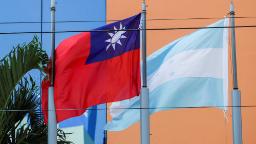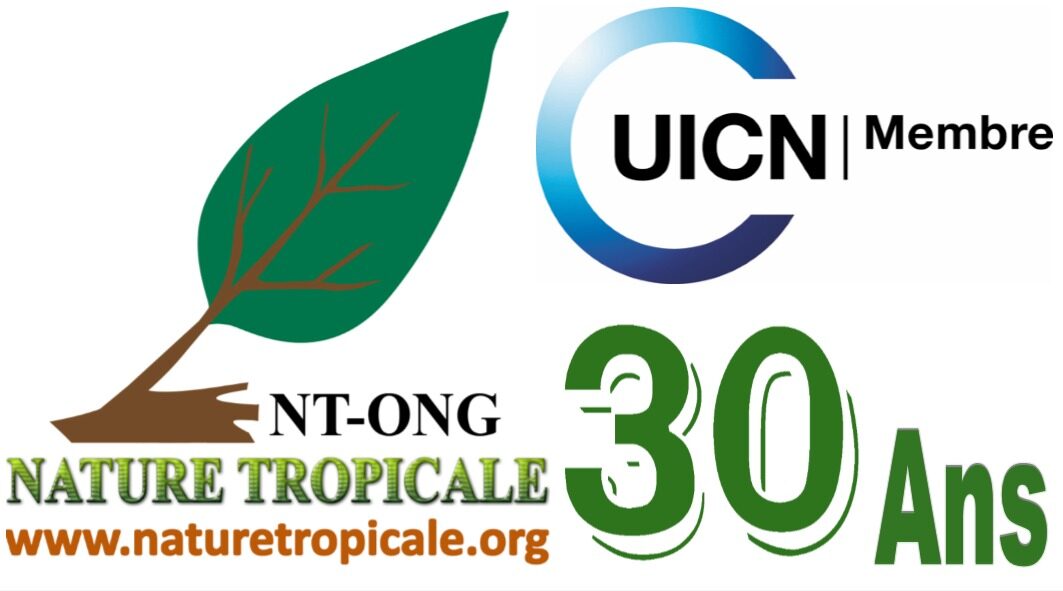[ad_1]

CNN
—
Honduras has formally cut diplomatic ties with Taiwan, its ministry of foreign affairs announced Saturday.
“The government of the Republic of Honduras recognizes the existence of one China in the world and that the government of the People’s Republic of China represents China as a whole,” it said in a statement.
“Taiwan is an inalienable part of Chinese territory and as of today, the government of Honduras has informed Taiwan about the rupture of diplomatic relations,” it added.
China refuses to maintain diplomatic ties with any country that recognizes Taiwan and has spent much of the past 40 years attempting to isolate the self-ruled island by chipping away at its diplomatic allies with offers of economic support.
Honduras had until now been one of just 14 countries that still diplomatically recognized Taipei over Beijing.
Honduran President Xiomara Castro announced on March 14 that the country would establish diplomatic ties with China – a move spelling the end of its relationship with Taiwan.
Castro, a democratic socialist who won a landslide victory in 2021, had said in her foreign policy manifesto before she was voted in that the Central American country was looking to establish diplomatic ties with Beijing.
China’s Communist Party claims democratically ruled Taiwan as its own territory despite having never controlled the island and has not ruled out using force to one day take it.
Under leader Xi Jinping, China has ramped up military, diplomatic and economic pressure on Taiwan, including enticing Taipei’s allies to switch their allegiance.
Taiwan had 56 diplomatic allies when it lost recognition from the United Nations in 1971. That number had dwindled to just 22 when Taiwan’s current President Tsai Ing-wen took office in 2016 and has continued to fall in the years since.
Most of Taiwan’s remaining allies are now small nations in Latin America and the Pacific, with all of the world’s most powerful economies having switched recognition to Beijing decades ago.
Beijing now uses China’s huge market as both a carrot and a stick to peel away the remaining countries, in an approach many experts label as “dollar diplomacy.”
When the Solomon Islands switched diplomatic recognition to Beijing in 2019, the Pacific country was offered $8.5 million in development funds by China to do so, according to Reuters.
Paraguay, the biggest country among Taiwan’s remaining diplomatic allies, has on the other hand faced restrictions in exporting soy and beef to China. Its president, Mario Abdo Benítez, openly called on Taiwan to invest $1 billion in his country last year so that it could continue to resist the “enormous” pressure on it to abandon the alliance.
“The rise of China has become a very big challenge for our diplomacy,” Johnny Chiang, a lawmaker from Taiwan’s opposition Kuomintang party and a member of the parliament’s Foreign and National Defense Committee, told CNN recently.
He said that Taiwan was increasingly choosing not to match China’s “dollar diplomacy” – preferring instead to underline shared values, like democracy.
Analysts differ as to the significance they attach to Taiwan’s loss of allies.
Some say that official relationships are valuable, but only to a point.
Having official allies helps to provide a voice for Taiwan in the international community. Last October, for instance, 10 of Taiwan’s diplomatic allies co-signed a letter to United Nations Secretary General Antonio Guterres to criticize the UN’s exclusion of Taiwan.
Still, most of its remaining allies are relatively small and have limited influence on the world stage.
“They do provide a voice at the UN General Assembly, but their numbers are insufficient to sway the rest, who often vote in Beijing’s favor,” said J. Michael Cole, a Taipei-based senior adviser with the International Republican Institute.
But others say Taiwan’s global influence is growing despite the loss of allies.
For instance, Taiwan’s unofficial relationship with the United States – which withdrew diplomatic recognition from Taipei back in 1979 – appears to many as being as strong as it has in decades.
The lack of diplomatic ties did not put off then-House Speaker Nancy Pelosi from making a controversial visit to Taipei in August – a visit China responded to angrily by holding unprecedented military drills and firing missiles over the island.
Nor has it dissuaded incumbent US House Speaker Kevin McCarthy from planning to meet Tsai in early April, when she plans to transit the United States en route to Central America, in another trip that is widely expected to raise China’s hackles.
Experts point out that the United States remains the single biggest guarantor of the island’s safety in the face of a possible invasion by China and that the US supplies weapons to Taiwan every year – both of which it does without an “official” diplomatic relationship.
They also point out that the G7 nations (the US, Canada, France, Germany, Italy, Japan and the United Kingdom) were all quick to voice concerns following China’s post-Pelosi military drills.
Taiwan’s role as a global leader in the supply of semiconductor chips – which are needed to power everything from laptops to advanced weapons – also makes it an important trading partner for many Western democracies.
As Lev Nachman, an assistant professor in politics at National Chengchi University, told CNN recently, “Taiwan’s diplomatic allies do offer meaningful support for Taiwan, such as allowing official visits to happen. But we often ask, if one day Taiwan has zero formal diplomatic allies, what would really change? And the answer is not that much.”
[ad_2]
Source link











